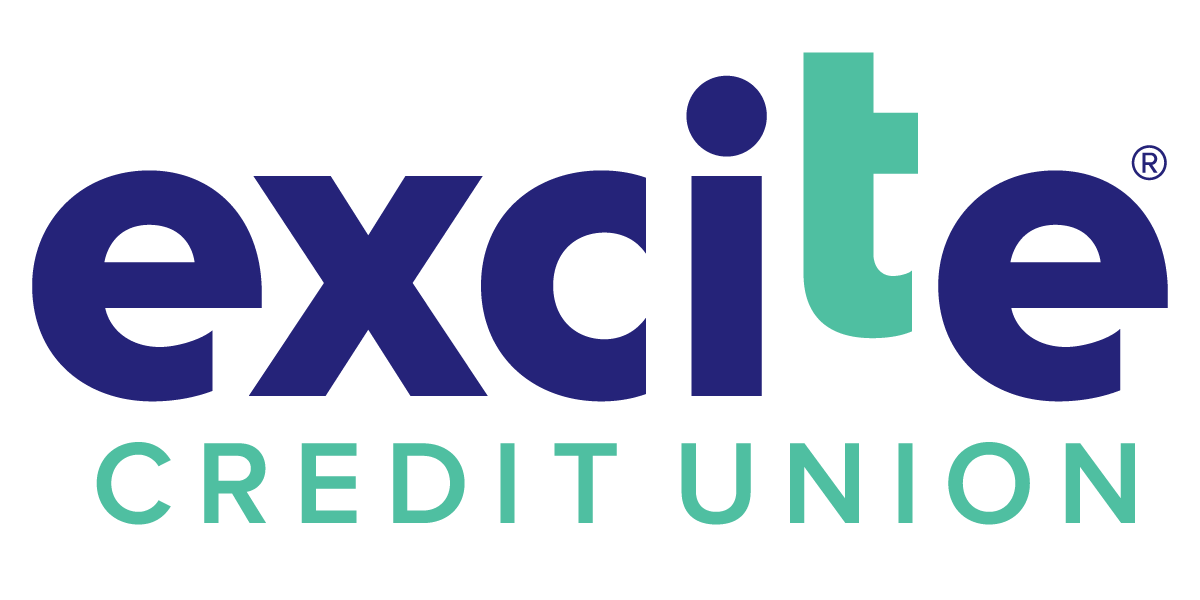Fraud Protection
To avoid being a victim, learn how to protect yourself.
Technology is a wonderful thing, but it's also allowed bad actors to unleash harmful viruses, scams and identity theft attacks at every turn. At Excite Credit Union, we believe you should know how to fight back. If you suspect you’ve been scammed, call us at 800.232.8669 or stop by one of our branch locations.
Beware of online dating scams
These criminals—who also troll social media sites and chat rooms in search of romantic victims—usually claim to be Americans traveling or working abroad. In reality, they often live overseas. Their most common targets are women over 40 who are divorced, widowed, and/or disabled, but every age group and demographic is at risk. Your online “date” may only be interested in your money if he or she:
- Presses you to leave the dating website you met through and to communicate using personal e-mail or instant messaging
- Professes instant feelings of love
- Sends you a photograph of himself or herself that looks like something from a glamour magazine
- Claims to be from the U.S. and is traveling or working overseas
- Makes plans to visit you but is then unable to do so because of a tragic event
- Asks for money for a variety of reasons (travel, medical emergencies, hotel bills, hospitals bills for child or other relative, visas or other official documents, losses from a financial setback or
- crime victimization)
Card Controls
Manage your cards from your mobile phone! Learn More about this feature and how to get set up.
Debit Card Monitoring
We have enlisted Falcon Fraud Manager to review debit card transactions for unusual or suspicious activity. Learn More about what you can do if your card is blocked.
One-Time Passcode (OTP)
Excite Credit Union has recently implemented a new layer of security to help reduce debit card fraud. Starting February 24 you may be prompted to enter a One-Time Passcode (OTP) to authorize some online debit card purchases. Learn More
It’s phishing season!
In fact, any time of year is open season on phishing. Don’t get caught in the net! Watch out for those emails asking for your private information – Social Security number, account numbers, passwords – or demanding that you reset your password or activate your debit card ASAP or the sky will fall. Don’t let ′em hook you:
- Don’t click on links included in emails from companies/people you don’t know.
- Phishers are getting smarter. They now include a phone number to call instead of a link.
- Don't call or enter any information until you verify the number belongs to your financial institution. Visit their website or call them directly.
- Don’t click on links from unknown senders asking for payment or links that ask you to report suspicious activity. This has been common with PayPal phishing scams and is now being used for other organizations. FYI: PayPal will never send an email addressed to “Dear PayPal user.”
- Reverse NDR (Non Delivery Report) is another newer form of phishing. This scam is an indirect form of phishing where the original email is sent to you as a “Non Deliverable” email notice. Although you never sent the original email, you get the “Undeliverable” notice. Just what the phishermen intended. Don’t let your curiosity give way! Open these emails at your peril. Click to see the attachment – and voila! You’ve opened a phishing email that could contain a virus code.
So they say they’re Excite Credit Union. Don’t be fooled.
- Familiarize yourself with official Excite Credit Union communications.
- We will never solicit personal or private information by email.
- The only communications about your account are sent by U.S. mail in an official Excite Credit Union envelope.
- Excite Credit Union employees will never contact you to ask for a One-Time Passcode (OTP). One-time Passcodes should never be shared with anyone!
- We will never request that you send your money to another institution to protect yourself from fraudulent transactions.
Secure your web browser
Configure your web browser for safer internet surfing. Learn more about securing your web browser.
Protect yourself
- Visit the Federal Trade Commission (FTC) website.
- Take an interactive quiz to find out what you know about ID theft, phishing, spam and online shopping scams
- Find detailed guidance on how to monitor your credit history, use effective passwords and recover from identity theft.
- If you suspect you’ve been scammed, file a complaint with the FTC.

